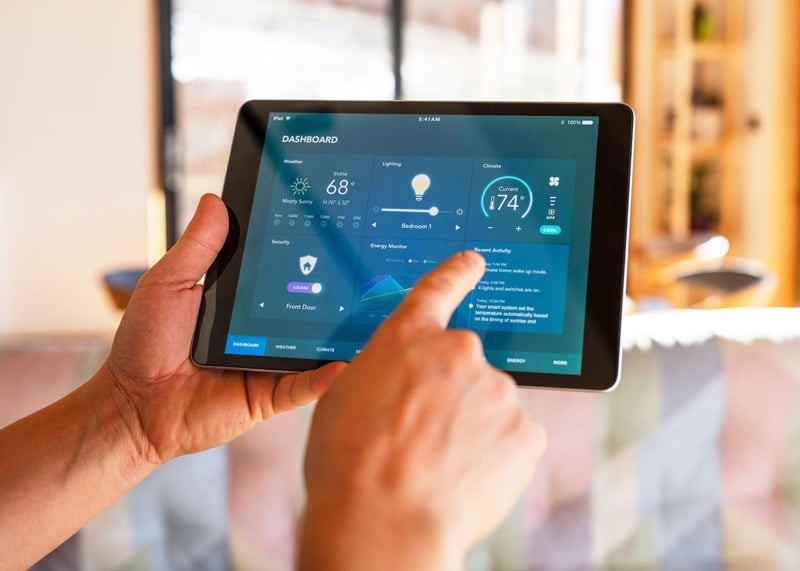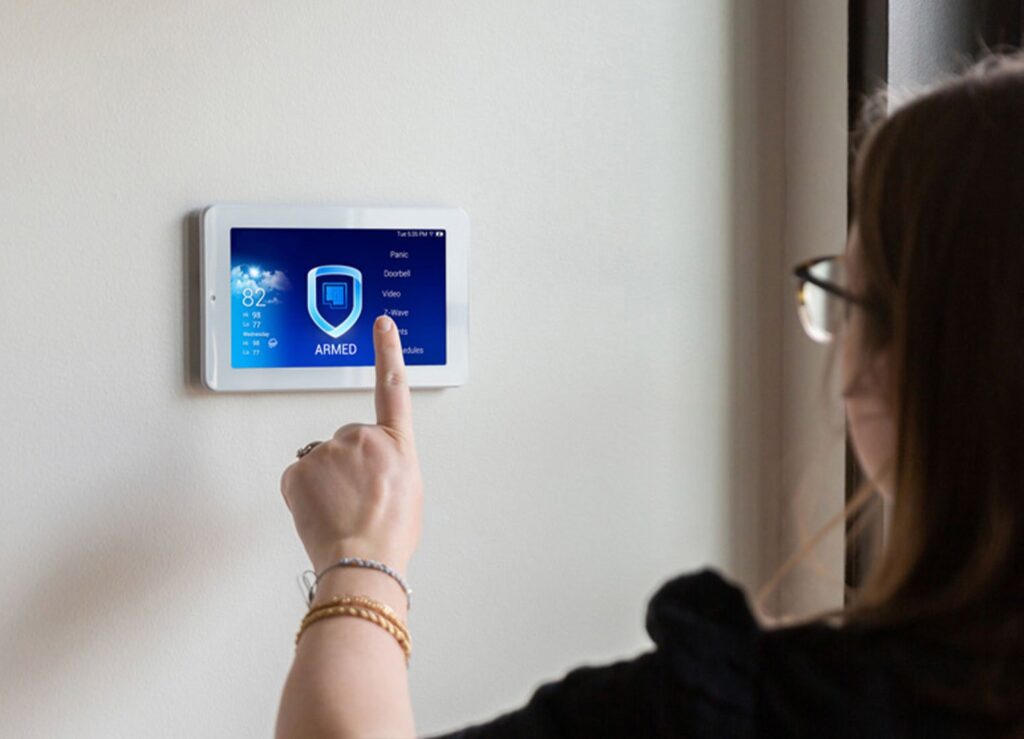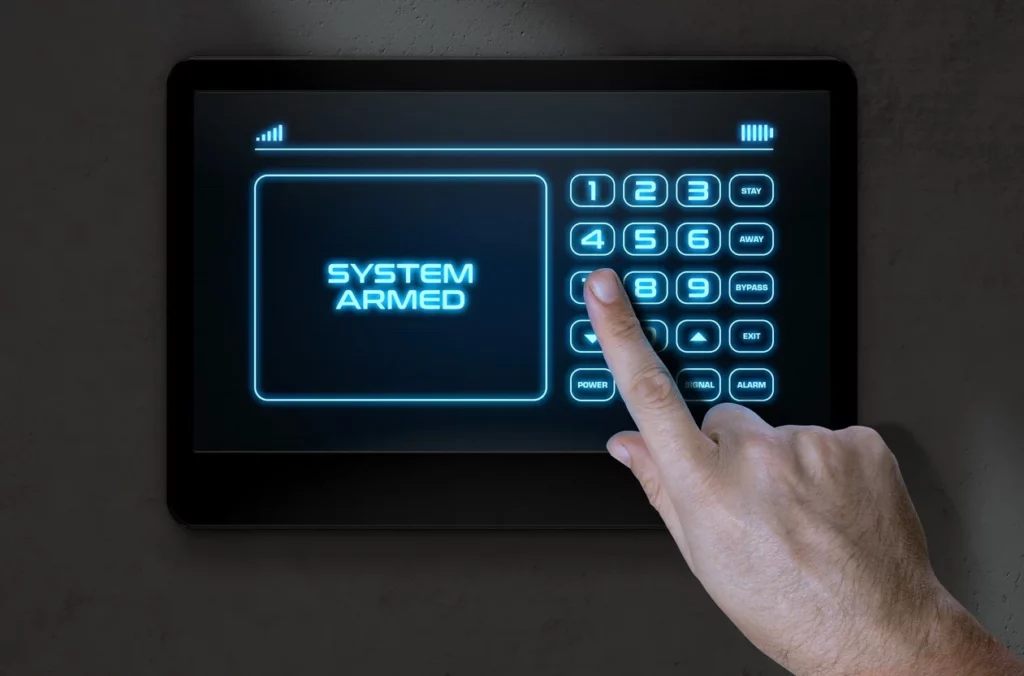In today’s fast-paced business environment, ensuring the safety and security of your premises is paramount. An effective alarm system not only protects your assets but also provides peace of mind for you and your employees. However, with a plethora of options available, selecting the right alarm system tailored to your specific business needs can be a daunting task. This guide aims to simplify the decision-making process by outlining key considerations, types of alarm systems, and essential features to look for.
Understanding Your Business Security Needs
Before diving into the various types of alarm systems, it is crucial to assess your business’s unique security requirements. Every business is different, and understanding your specific needs will help you choose an alarm system that offers the best protection.
Start by evaluating the size of your premises. A small retail shop will have different security needs compared to a large warehouse or an office complex. Additionally, consider the nature of your business; for instance, businesses that handle sensitive information or valuable inventory may require more advanced security measures.
Another important aspect to consider is the location of your business. Areas with higher crime rates may necessitate a more robust alarm system for business. Conducting a risk assessment can help identify vulnerabilities and inform your choice of security solutions.
Types of Alarm Systems
Alarm systems can be broadly categorised into several types, each offering distinct features and benefits. Understanding these types will aid in selecting the right system for your business.
1. Wired Alarm Systems
Wired alarm systems are connected through physical cables, making them a reliable choice for businesses. They are less susceptible to interference and hacking compared to wireless systems. However, installation can be more complex and may require professional assistance.
These systems are ideal for larger premises where a stable connection is essential. They often come equipped with advanced features such as motion detectors, glass break sensors, and panic buttons, providing comprehensive coverage.
2. Wireless Alarm Systems
Wireless alarm systems offer flexibility and ease of installation, as they do not require extensive wiring. They are particularly advantageous for businesses that may relocate or expand in the future. Wireless systems utilise radio signals to communicate with the control panel, making them easier to install and modify.
However, it is important to ensure that the wireless system is equipped with encryption technology to prevent unauthorised access. Regular maintenance is also essential to ensure battery-operated components are functioning correctly.
3. Monitored Alarm Systems
Monitored alarm systems provide an additional layer of security by connecting your alarm system to a monitoring centre. In the event of a breach, the monitoring centre is alerted and can take immediate action, such as contacting the police or dispatching security personnel.
This type of system is particularly beneficial for businesses that may not have staff on-site 24/7. The peace of mind that comes with knowing that professionals are monitoring your premises can be invaluable.
4. Unmonitored Alarm Systems
Unmonitored alarm systems alert you directly through loud sirens or notifications to your mobile device. While they can deter intruders, they rely on you or your staff to respond to alerts. This may not be ideal for businesses that operate outside of regular hours.
Unmonitored systems are often more cost-effective and can still provide a basic level of security. However, they may not offer the same level of protection as monitored systems.
Key Features to Look For
When selecting an alarm system, certain features can significantly enhance its effectiveness. Here are some essential features to consider:

1. Motion Sensors
Motion sensors are crucial for detecting movement within your premises. They can be installed in various locations, including entry points and high-value areas. Look for systems that offer adjustable sensitivity to minimise false alarms caused by pets or environmental factors. Click here to learn about top Commercial Security Systems to protect your business in 2025.
Advanced motion sensors can differentiate between humans and animals, providing more accurate alerts. This feature is particularly beneficial for businesses that operate in environments where pets are present.
2. Video Surveillance Integration
Integrating video surveillance with your alarm system can provide visual confirmation of incidents, aiding in investigations and insurance claims. Look for systems that allow for remote viewing via mobile devices, enabling you to monitor your premises in real-time.
High-definition cameras with night vision capabilities can enhance security, especially in low-light conditions. Additionally, consider systems that offer cloud storage for video footage, ensuring that evidence is securely stored and easily accessible.
3. Access Control Systems
Access control systems regulate who can enter your premises and when. These systems can be integrated with your alarm system for a comprehensive security solution. Options include keycard access, biometric scanners, and keypad entry systems.
Implementing access control can help prevent unauthorised entry and track employee movements within the building. This is particularly beneficial for businesses that handle sensitive information or valuable assets.
4. User-Friendly Interface
An intuitive user interface is essential for ensuring that your staff can operate the alarm system effectively. Look for systems that offer easy-to-use control panels and mobile applications for remote management.
Training your employees on how to use the system is crucial. A user-friendly interface can reduce the likelihood of false alarms and ensure that your staff can respond quickly in the event of an emergency.
Budget Considerations
Cost is often a significant factor when choosing an alarm system. It is essential to balance your budget with the level of security you require. While it may be tempting to opt for the cheapest option, investing in a quality alarm system can save you money in the long run by preventing losses due to theft or damage.
Consider both the initial installation costs and ongoing expenses, such as monitoring fees and maintenance. Some companies offer financing options or subscription models that can make high-quality systems more accessible.
Choosing a Reputable Provider
Once you have determined your business’s security needs and budget, the next step is to choose a reputable alarm system provider. Research potential companies, read customer reviews, and ask for recommendations from other business owners.
A reliable provider should offer comprehensive support, including installation, maintenance, and customer service. Ensure that they are licensed and insured, and inquire about their experience in the industry.

Conclusion
Selecting the right alarm system for your business is a critical decision that can significantly impact your security. By understanding your unique needs, exploring the various types of alarm systems, and considering essential features, you can make an informed choice that enhances the safety of your premises.
Investing in a quality alarm system not only protects your assets but also fosters a secure environment for your employees and customers. Take the time to evaluate your options, and don’t hesitate to seek professional advice to ensure you choose the best solution for your business.

